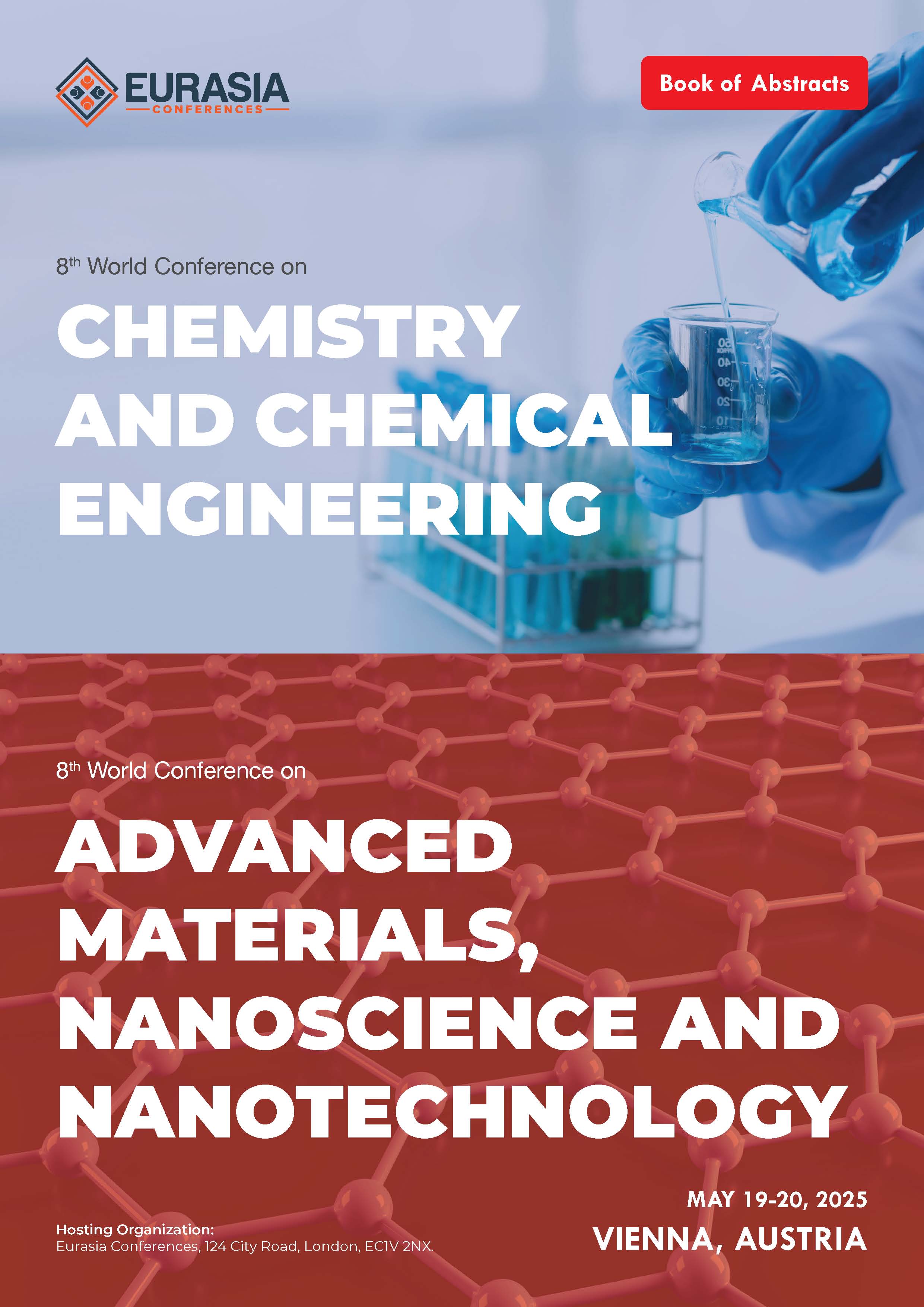
Prof. Dr. Hicham Es-soufi
All-solid-state lithium-ion batteries (ASSLIBs) have drawn considerable interest as potential replacements for traditional liquid electrolyte batteries, offering advantages such as improved safety, higher energy density, and extended cycle life. Despite these benefits, significant obstacles remain to their large-scale commercialization, particularly in the development of efficient solid electrolytes. Among the promising options, phosphate glassy electrolytes stand out due to their high lithium-ion conductivity, chemical stability, and compatibility with lithium metal anodes. This article reviews our prior research on phosphate glassy electrolytes for ASSLIBs, emphasizing strategies to address critical industry challenges. It covers various aspects, including synthesis techniques, structural characteristics, and electrochemical performance, with a focus on improving ionic conductivity, mechanical strength, and interfacial stability. Additionally, it examines the incorporation of phosphate glassy electrolytes into ASSLIB designs and their interaction with different cathode materials. Finally, the study highlights future research prospects and the potential applications of phosphate glassy electrolytes in next-generation lithium-ion battery systems, emphasizing their pivotal role in overcoming current limitations and advancing safer, more efficient energy storage technologies.